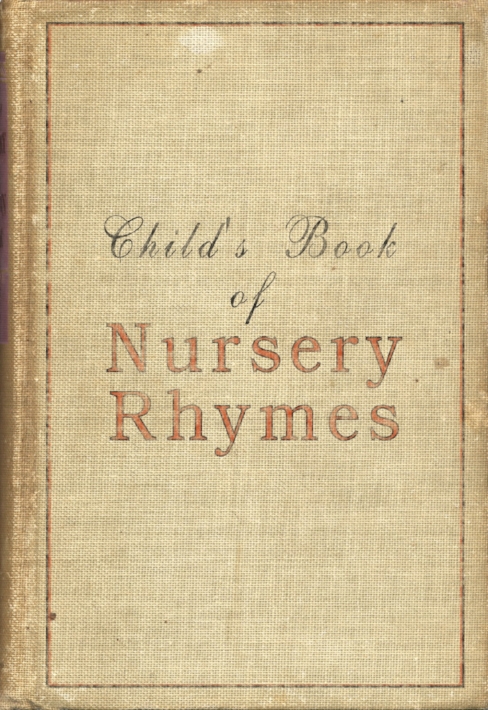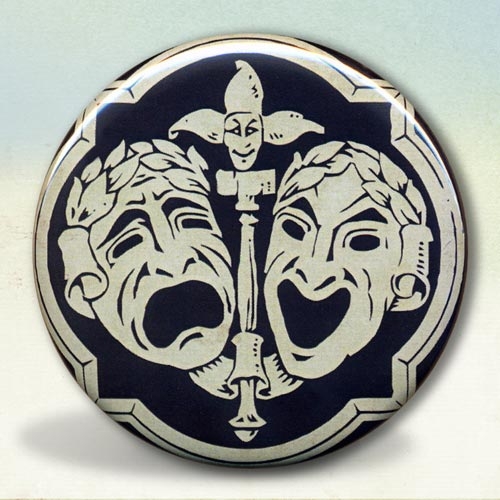Samson by Ernst Fuchs sharded by William Floyd
This blog came about due to conversations and comments sent to me about my March 2018 blog post, which was titled ‘A Conversation on Masculinity, Society, and Change” located in the Male on Man section of SiteOfContact. I thank my faithful readers for their comments, responses, and interest in the subject. This article also takes on its particular tone of delivery, due to a deep probing conversation with a client over an article written by David de las Morena’s from his Website called: “How to Beast,” his blog titled - “ How to Increase Masculine Energy and Rebuild Self-Esteem.” (At the end of this piece you will find the link to David’s blog article
I really don't want to get into a critique of Mr. Morena's concepts especially his concept of 'No More Mr. Nice Guy' other than to say it was the touchstone for my client and myself to engage in a deeper conversation on 'Masculinity and Gender.' David de las Morena ’s comments. per se. have more to do with self-respect and self-worth, rather than perhaps a focus on a root cause of gender (mis)label. Personally, I must warn you that some may find David's manner of expression distasteful and rude, yet beyond his style as a 'straight heterosexual,' he does make one or two valid suggestions to gain self-respect and self-worth. But again that is not my central theme. I am wanting to address the early social conditioning that gets associated with expected behavior or expected gender patterns coming to us as early as our nursery days, and in the stories we are told which we then (mis)label as "masculine."
What is Masculinity? How is it measured? What are its demands? And how is that person meant to look, think, act, and feel? and should that be according to the mores of society?
We have a lot of opinions about being a “Man” or more to the point having “Masculinity “. Now to surprise you, you could say Masculinity is not, gender-specific, I say this because I have known some masculine women, including my Mom (not to look at her), but that woman had balls. This is all to say, what are we focusing on? The word, or is it behaviors that get labeled as Masculinity?
Masculinity comes up a lot lately and unfortunately, you can expect it to be related to trauma in an experience. Or sometimes in ‘How’ to integrate the Masculine aspect of oneself into a more positive and holistic lifestyle
This piece of writing is not to diminish any circumstance where trauma has occurred, we can all see how under various circumstances the word masculinity has been misrepresented by men caught in stereotypes, causing the word to lose luster, respect, and aliveness. We could say Masculinity is lost due to diminished meaning.
I could see how some people can be caught up in the illusion that to be masculine only meant to be aligned with bathroom bullies; politicized pulpits; with privilege; overt racism or sexism; or with bigotry toward groups of people. That kind of action portrayed by a few men is not a true representation of Masculinity, and yes if that is a view of the word, it needs to be tanked in the toilet.
.
I have seen, in my work as a life coach, the effect of the above description of what masculinity misrepresented can do to some men, for example, the issues of self-worth become diminished. Abandonment and loss of manhood become issues. Male childhood developmental trauma, which can color men’s interactions with other men and women. The clue to the problem is "early childhood trauma."
This is not the first time in history were maleness appeared to be vilified. I can recollect in my own history, in the 1950’ s, being taunted by a younger sister who loved to recite repeatedly, a portion of an old nursery rhyme called “What are folks made of?” by Robert Southey writen in 1842. The segments of the rhyme my sister loved to taunt me with was the portion called - "What are little boys made of?" and “what are girls made of?”
What are little boys made of?
Slugs and snails
And puppy-dogs’ tails,
That’s what little boys are made of.
And what are little girls made of?
Sugar and spice
And all things nice,
That’s what little girls are made of.
This was a common nursery rhyme of the late 19th and early 20th centuries. This rhyme deserves our attention in part, due to its negative descriptors of the male gender, described as slugs, snails, snips, and frogs depending on where in the world the rhyme was told.
The rhyme by Southey in two additional verses goes on to say:
What are young men made of, made of?
What are young men made of?
Sighs and leers and crocodile tears;
That's what young men are made of.
What are young women made of, made of?
What are young women made of?
Rings and jings and other fine things
Sugar and spice and all things nice;
That's what young women are made of.
I think you get the jest of it...
Nursery Rhymes play key roles in how we explain to children our cultural attitudes about themselves and gender behavior. Reciting Nursery Rhymes to children is one of a series of first steps to providing children's education about self-esteem and what is expected of them.
It can implant gender shame and things not good in the youngest minds of our society before (arguably) they have the critical function to question such assumptions and provides children with ideas of masculinity and femininity to which they may well not conform (thank heavens) yet creating a pressure towards adopting gender stereotypes which, frankly, toddling tots could have done without. Here is a place to start, with a new vision, stories, and Nursery Rhymes.
These new stories, to be made then in part for the cultural socialization process, would not expect transgressions of young males but does expect exploration, and do not dismiss and expect ‘boys to be bad, and then require them to do more 'to prove themselves otherwise.' While shaping young girls into passive restrained toys that need do nothing but be pretty for worry not you can do nothing wrong attitudes, that does not prepare them for a life of diverse opportunity that may not always need sweetness and passivity. These kinds of stories had fallacy, any conscious mother of children of both sexes could debunk and tell you that, 'it was a pile of the well-known stuff.'
The bad behavior displayed in teen males may come from early unconscious childhood expectations. Expectations that come from the nursery. A more positive model is needed to be created and employed. Nursery rhymes that re-imagine, re-envision, and ground masculinity in a self-affirming way.
Often a male child, if traumatized by his childhood environment is then expected to, on his own, “get over it, “to “outgrow” it, or somehow zap it away. Yet it is that very trauma that will freeze him into isolation, into not seeking help, into not allowing himself to talk about it. because he feels it is expected of him to bear up especially if viewed by other males. Yet, there are some things that happen to men that they never “get over,” and must reach out to their culture and other men to correct the concept.
So, to refocus this discussion for the conscious adults amongst us, I ask, that Masculinity not be looked at as the Problem, but perhaps as your Expectation?
If it is the Expectation, then where did that expectation come from? A change of the approach, to re-envision Masculinity is needed. We must begin by realizing that both males and females are comprised of Male and Female components or as Carl Jung called it Anima and Animus. We are both Masculine and Feminine in attributes, some of us more of one than the other and by God, we should not all try and fit a cookie cutter visions of what that is going to manifest as. It is not one definition fits all.
Okay, we have Men, beyond the age of nursery rhymes, that have the pressures to refashion a new sense of them-self, of self-being. Let's be bold here and strip everything away and start with an identity as individuation of consciousness, with emotional intelligence. This concept is of course for the person who wants to have dominion over their own life, then he can start by re-inhabiting his maleness even in the face of disturbing experiences, as he then weaves a more "integrated" narrative of his life for himself. Re-authoring the sacred story of ‘who am I’ and calling forth a new future for himself not yet known
Trusting the worth and validity of his expression of masculinity, and in that expression a self-love, that will be able to soften the callus wounds of the body, mind and the heart, embracing a fully realized masculinity by his design a vision of masculinity, designed for him by him, so it becomes alive within his being as a force for good. This allows for a profound empowerment, that for anyone is revolutionary, if lucky enough even contain bits of humor, and sometimes bold in its persona. These skills will be needed to then start writing and telling the New nursery stories for those yet unborn.
The goal then is not some fixed, “cured” state where we have successfully purged masculinity which is an aspect of our self-experience from what we are, as if it were some wretched foreign substance, but rather to find a larger home for it within our concept of the self. Slowly, we can allow what has become frozen and solidified to thaw and become flexible. To make the masculine force rightly seen within us and children to come, as a valued and balanced energy. A refocus of our attention and thoughts, to break out of that cycle of trauma, blame, and shame. To move towards a balanced identity, that has a stable, and positive context for humans with masculinity, who are given an expectation to be a force for life-sustaining good.
David de las Morena’s Blog post - https://www.howtobeast.com/how-to-reclaim-your-manhood-and-rapidly-cultivate-masculine-energy/













